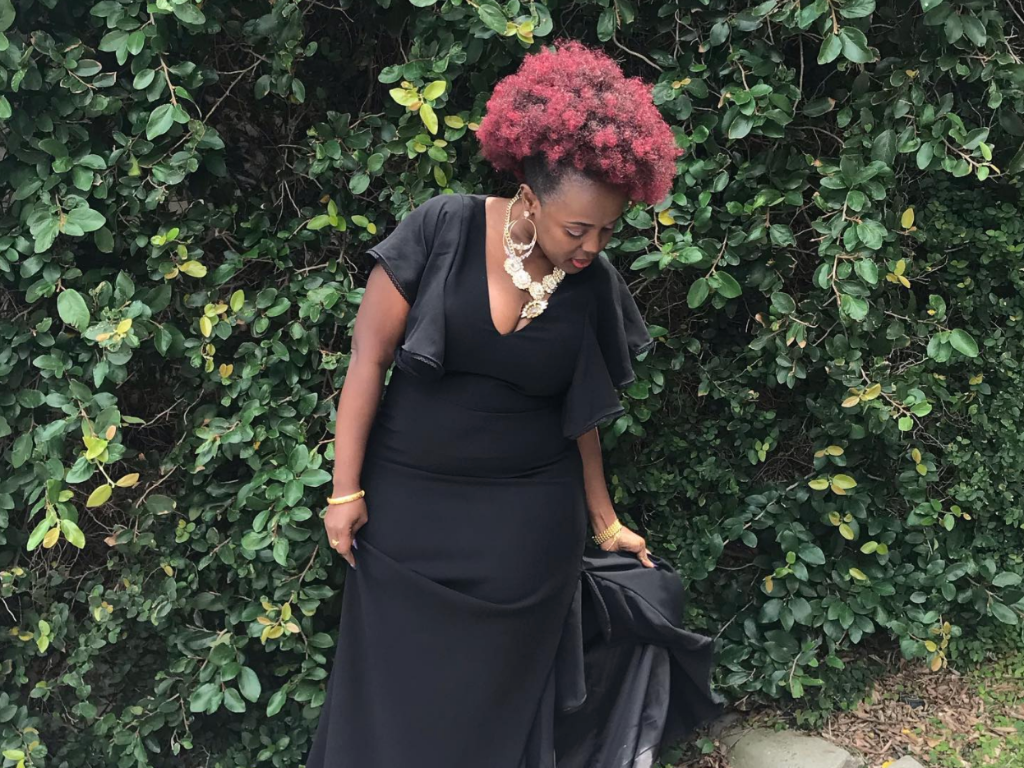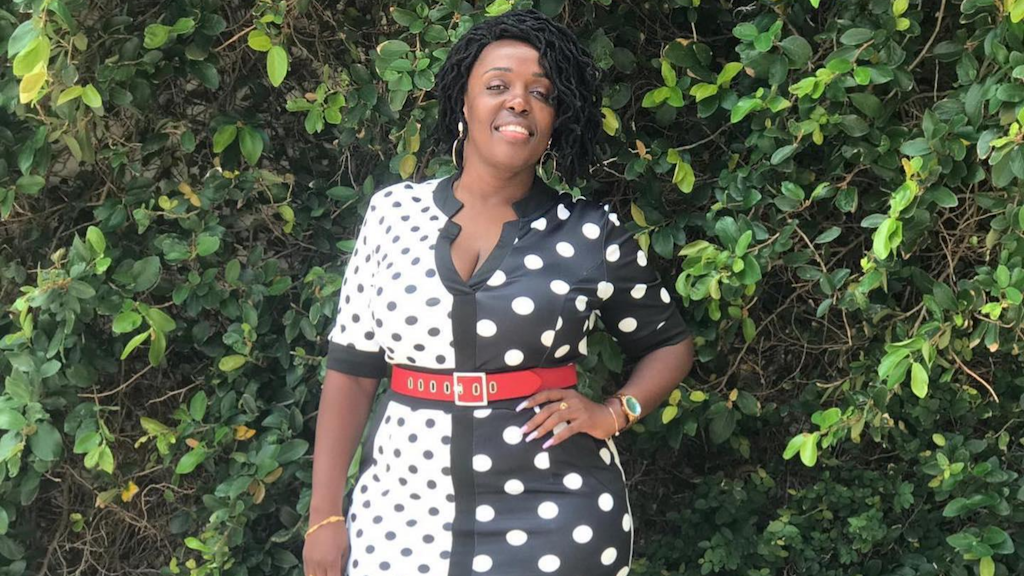Jacqueline Assey migrated from her native Tanzania to the United States in 1998. After a long career in customer service, she decided to open her own business. Along the way, she has had to fight some stereotypes, sometimes even her own.
She has lived in three countries. She is a Christian; her husband's family is Muslim. She worked in customer service and now runs a babysitting business. Maybe that's why she understands the importance of welcoming and accepting differences. Although, sometimes it hasn't been easy.
Jackie defines her childhood years as a time of happiness. Although her mother would have a hard time trying to make ends meet, they didn't know what they were missing. "Looking at it from here, I see some of the [bad] things but [also] happy memories," she says.
But things changed when her mother died, and she had to migrate to London in search of better opportunities. Her second migration to the US taught her that you have to work hard to achieve your dreams when you migrate.
Can you tell us why you decided to migrate, and how did you come here?
I was looking for a better life, and I went to London and stayed there for about two years. I had a boyfriend there who was in school, I went there and joined the school, and I started working too. Then we decided that America would be best. So after staying at home for like a year, we decided to get married as our parents did not want us to come here.
Why did your parents not allow you to get married?
Because of religion. I am a Christian; he is a Muslim, but we got married anyway. We realized the only way we would be able to migrate to the US was if he went to school, and I came as a wife. But fortunately, I didn't get the visa. So, that delayed me a little. But I had applied for a Green Card [resident] visa back when I was in London. So, while I was waiting at home and he had already left, I got the letter telling me I had been selected for the visa.
But you didn't get it straight away, did you?
It was crazy. I was so excited to go to the American embassy and show them this letter, and [they would] let me go. But then there was a bomb [at the US Embassy] in Tanzania by terrorists. So, I thought I was supposed to stay there. Eventually, I went to London and had to wait for two weeks to get my appointment at the US Embassy. So I got here and processed everything right away, and we got the Green Card immediately. In less than five years, we switched to citizenship, and we became citizens.
Where did you live when you first arrived?
We went straight to Wichita [Kansas], but I didn't like it. It was too slow for me. We felt like we needed something that had more people of our color. Then we opened the map, and it was between Texas and Georgia. So in 1999, we moved down here [Houston, Texas], and that's when I started working for the Verizon Wireless Company. I was Customer Service, and they promoted me to Technical Support. Then in 2012, they outsourced the jobs to India, and we got laid off with a good package, though.
Working there, we imagine you had to deal with lots of different people. How did that experience and the fact that you are a migrant change you?
I feel like I have gained so much knowledge. My mind is so open, and I understand people better. I am more patient. In London, for example, the accent was so difficult to understand. After a while, I could understand what they were saying, so when I came here, I went through the same thing. It has changed me a lot, and it has pushed me to respect people's accents. It has taught me that the accent does not measure your intelligence. I used to think that way. Now I respect everybody, especially when I go back home and hear those rural people the way they say something, and they can be very smart.

After you were laid off, you decided to start your own business. Tell us about it.
After I got laid off, I said I was going to work for myself, and I registered with this agency that sends babysitters to people, and I befriended one of the ladies that worked in the agency. One day I woke up and said, “Why am I working for her, and why can't I be the one doing that?” I then asked her if she was willing to go on this journey with me. That's how I started. I went and rented the office, put up the decorations, and started making a few phone calls. But as soon as I was ready to execute, she went missing on me. I think she felt like she shouldn't be working for me. That was the struggle right there. But I have so far, three people that work for me; it's very small. It is hard to enter the business. There are so many other agencies that have been there twelve, fifteen, thirty years.
So what inspired you to start the business?
First of all, I love children so much. I do love babies, and I know that there are a lot of businesses that will go down with this. The world is changing, but babysitters would still be needed.
As a migrant and as a person of color, what are the struggles you face doing this business?
I think in any business you have to build the clientele; they don't know you, they don't know what you do. They [also] put you in a certain box when speaking with an accent. I would say it's the color, the way you talk, the way you conduct yourself, I can tell you that it's difficult. Though I am doing other stuff on the side, and not depending on this 100%, it is difficult to get in, but if you get in, it is very good business.
On a final note, what advice would you give to anyone who would want to come to this country?
I would say come over here, but you better work hard. Sometimes they have that picture of New York and say, “I want to go there.” It is not easy; you have to work hard. When I got here, it was a little bit easier for me, and I know a lot of people who do these difficult jobs; nursing homes, cleaning people, giving baths. It is not easy, and you have to start somewhere. Invest and save your money, start your own thing. Never work for somebody forever; start your own thing eventually.
Jackie Assey's agency can be contacted through her website or at (713) 702-9048. She is offering 20% off for members of MAJORITY.

